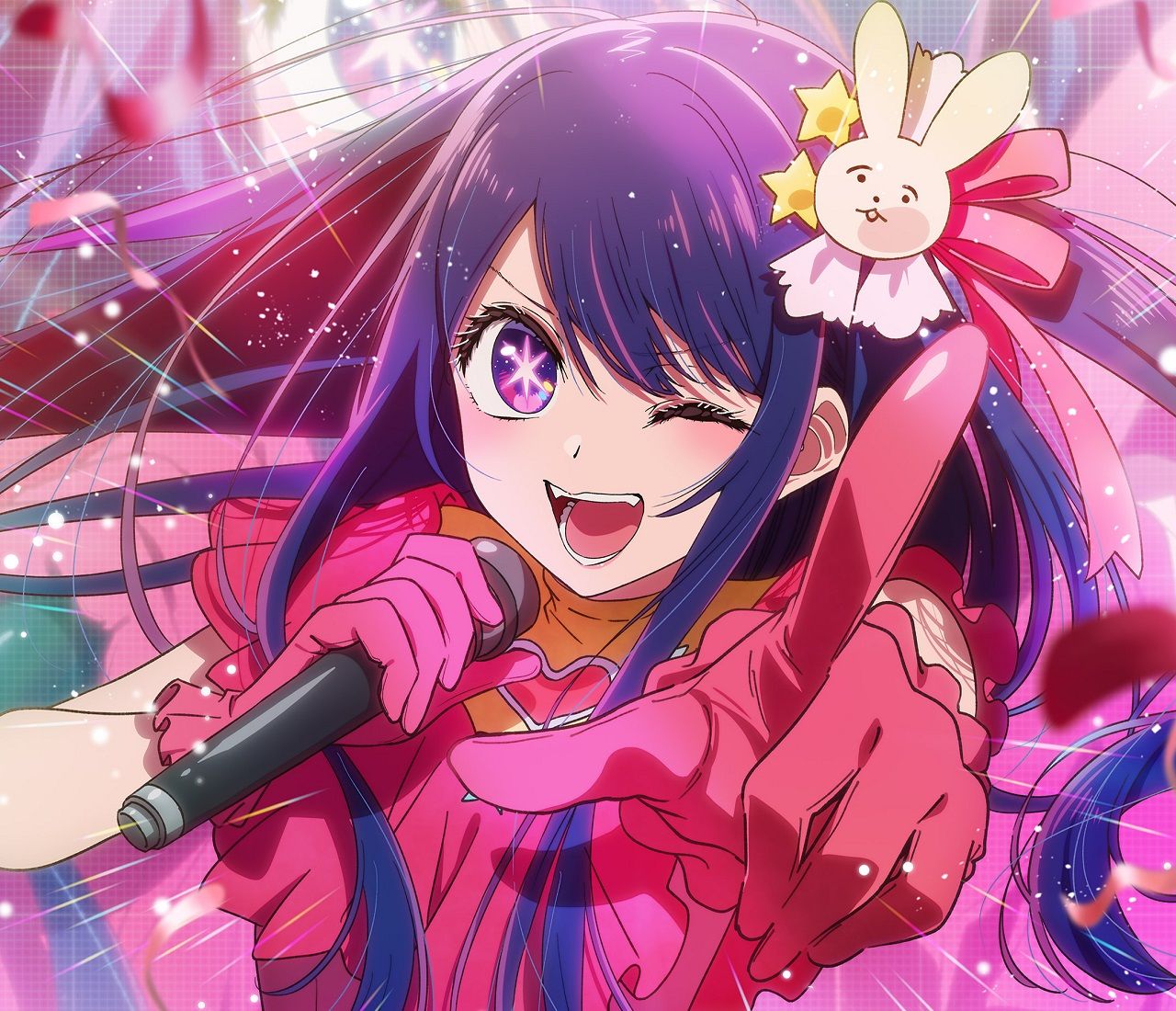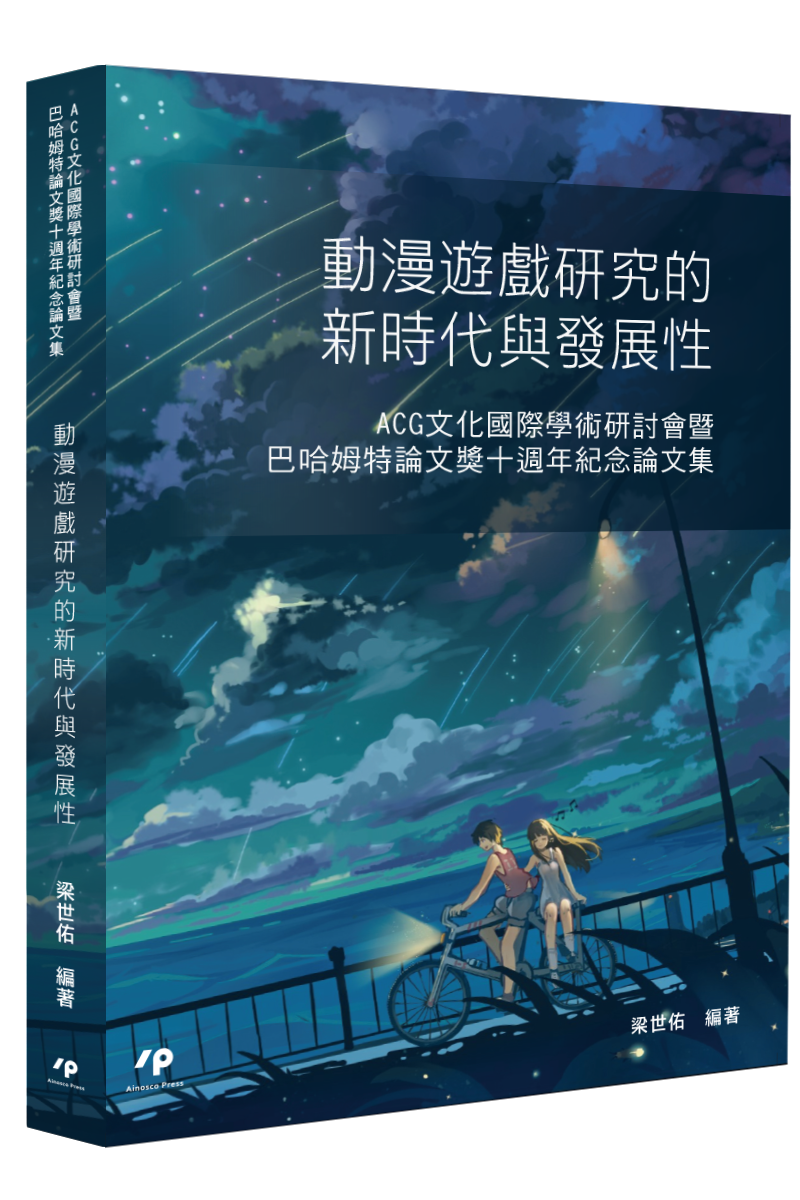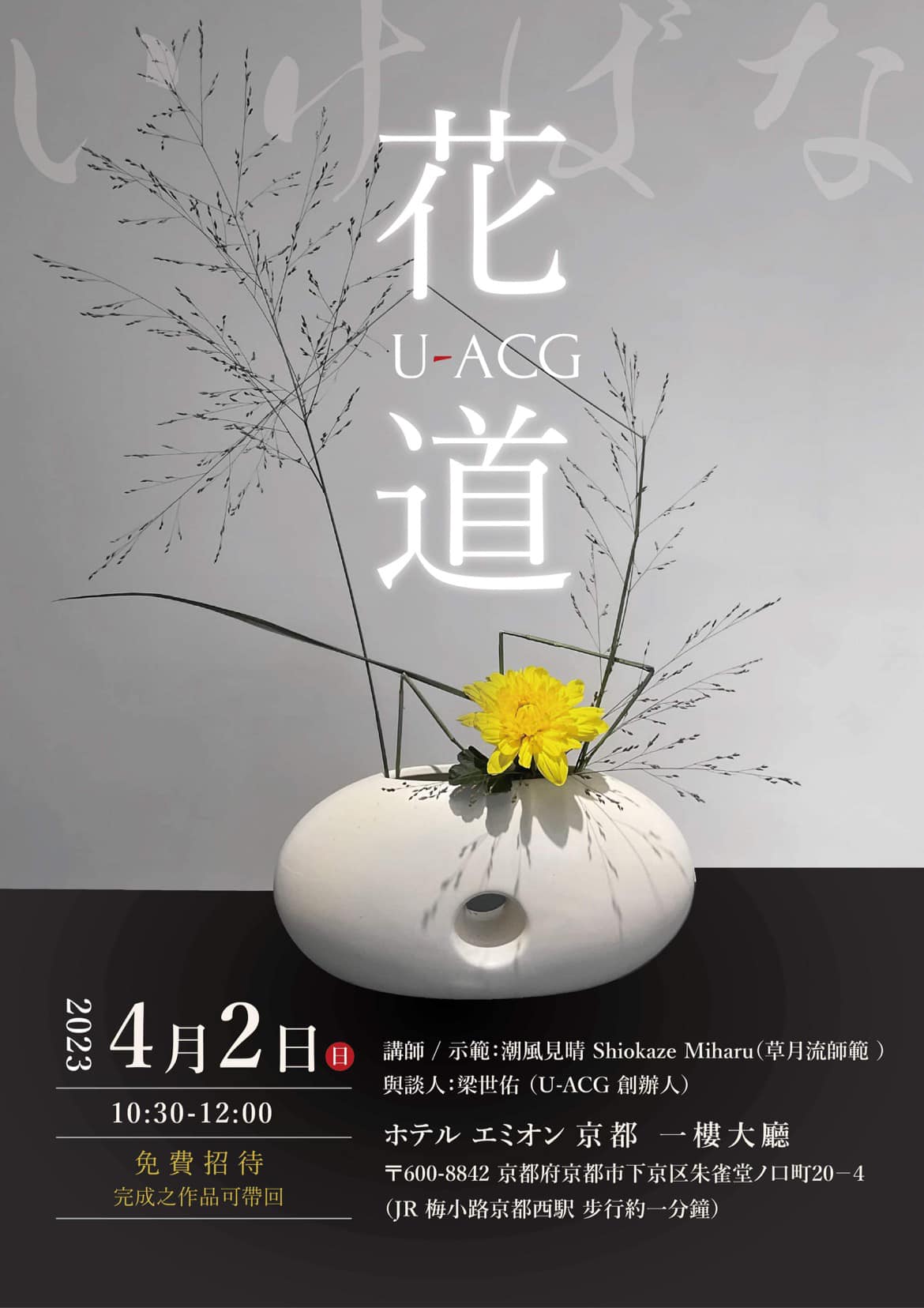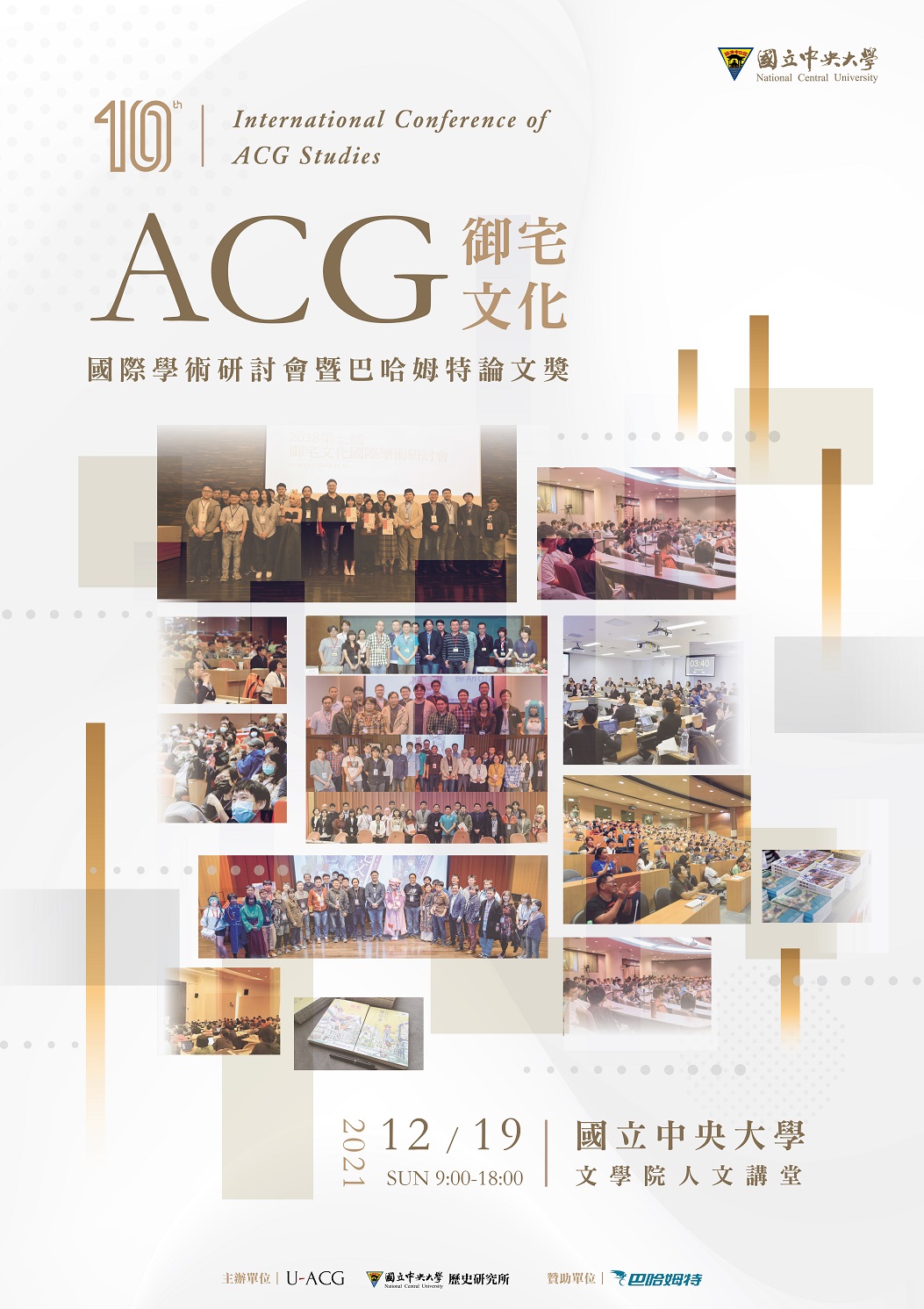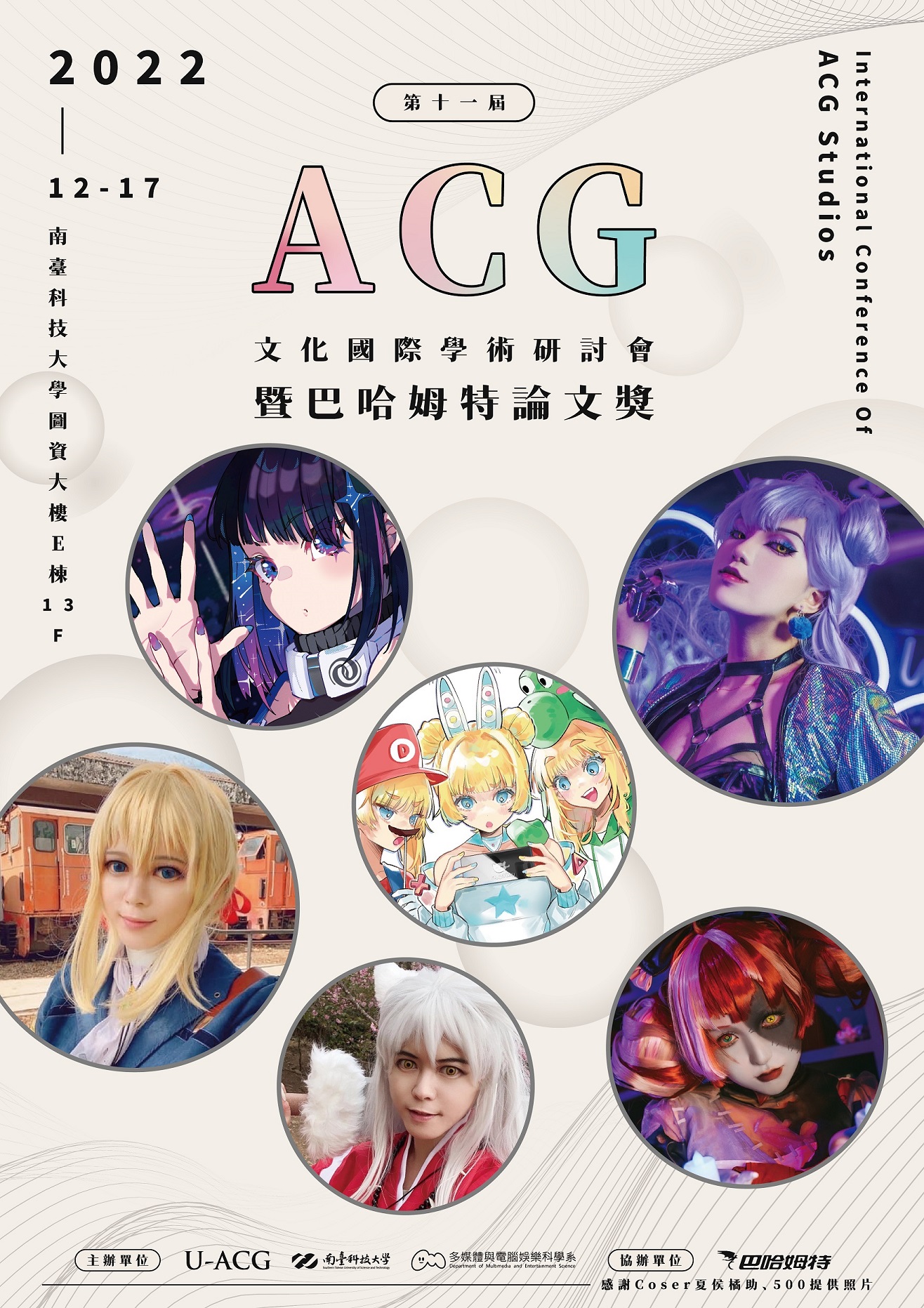The English version is located below, please scroll down the page.
Sora 的推出再次震撼了全球科技界,馬斯克還發了一個人類完蛋了(gg humans)的推文 。由於今天跳出七年前我關於知識經濟的回顧,所以突然想來聊一下 AI 基礎建設和教育。
最近黃仁勳、奧特曼在 World Governments Summit 2024 的訪談讓我意猶未盡。首先最吸引我注意的是主持人 Omar Sultan Al Olama,這個名字中就有 AI 的男人。27 歲就擔任阿聯酋的人工智能、數位經濟的部長。 他的發問展現一位有準備、知識儲備豐富的主持人可以問出我們更需要知道的問題,這個人未來不可限量要關注。
他首先黃仁勳問七兆美金可以買多少晶片?這當然是針對之前奧特曼說要募資自己蓋晶片廠的問題,更是在挑動 Nvidia (賣硬體)和 Open AI(賣軟體)之間的關係,而前者也發佈了自己的本地在線模型。
部長接著問:現在這種算力競爭,對缺乏資本和技術的發展中國家該怎麼辦?根本沒有錢買得起大量的晶片?以及,如果黃仁勳你是一位發展中國家的領導人,你要怎麼面對現在這個 AI 資本算力的競爭?
黃仁勳在這邊給了兩個回答,第一就是每個國家都應該有自己的「人工智能主權」,也就是根據自身的歷史文化、法律習慣和規範所訓練出來的 AI ,讓數據掌握在自己國家手中;至於另一個,黃給的答案是:「建立 AI 基礎設施」,因為在未來可預期的一段時間內,高算力的 GPU 將會快速更新與淘汰,所以發展中國家應該把握這個機會。
類似的問題同樣也問了奧特曼。如果你要把 ChatGPT 賣到其他國家,但他們國家要求遵守該國法律呢?主持人還問了一個更直接的,假如某國反對 LGBT,那該國的 ChatGPT 是否要回答同性戀是不合法不道德的?
這一問題明顯是針對奧特曼,因為他才公開自己的 LGBT 身份,奧特曼給的答案是:「全球性共同平等監管」,這顯然黃的「各國 AI 主權」相異,兩人的回答恰好也凸顯了兩人同時作為技術者、企業家的思想差異性和雷同性。
如果您最近有參與我的活動演講,或是我的專欄,我不斷強調正在有一種全新的「技術宅(Tech. Otaku)」的特性群體正在滋長發芽,我指的不是米哈游的口號;而是過去只專注在自己技術領域、不太在乎外在政治世界或他人評價的這群人正在變得「外向」並積極改變世界的過程,
而我認為,這種同時帶有侵略、救贖與使命感的人正在出現,並使社會發酵中。
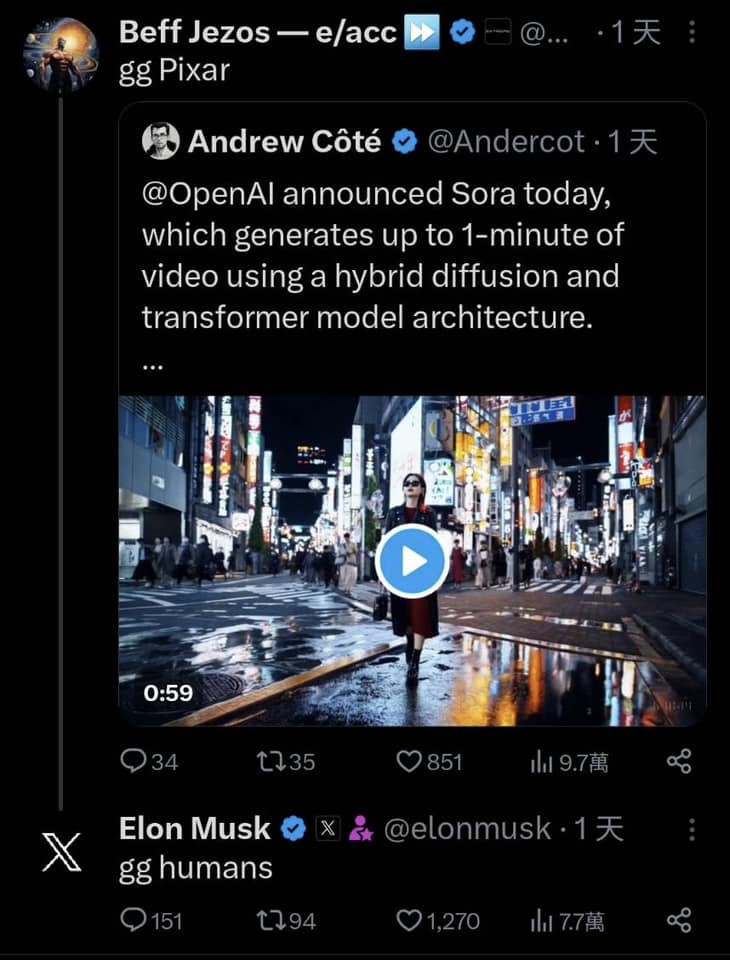
關於就業,奧特曼認為確實大多數的工作會受到影響,但是需要人與人之間強連結的工作則不會;換言之就是需要面對面、情感羈絆交流的工作。而黃在另外一場受訪中針對這一問題提到類似的答案:
他說如果有三百個客人,你要舉辦一場完美的宴會,讓所有人都能愉快的坐在一起這是多難的事情。因為有些人仇人見面分外眼紅、或是王不見王,有些人是不能坐在一起的,用 AI 來計算組合的話這排列機率簡直多到無法計算,這時你需要的是一位圓融熟知人情世故的老阿嬤,她可以排出這些桌椅該怎麼坐,而 AI 永遠不能。
總結來說,他們的共同目標是「讓通用 AI 變得更簡單,每個人都可以輕鬆上手的好用」,因為 AI 縮小了創意想法到技術實現的差距。所以黃說:我們再也不需要學 C++了,每個人不需要學編碼,未來每個人都應該去學生命科學和哲學,而奧特曼則主張年輕人是最容易接受新技術的人,應該去做上一代難以想像的事情。
兩個人共同意思就是:人類只需要去想像和創造,實際的製作會由 AI 來完成。重看我七年前的貼文,裡面所提到的問題和對策,迄今看起來似乎也沒有過時,
若然,讓我們多多探究愛(AI,あい)吧。只有愛,才能夠連結這個世界;愛的歌聲可以花干戈為玉帛,如同林明美,如果你終究是要為愛買單的,為何不現在就開始?
“Love (AI) Will Foot the Bill: Why Not Start Now?”
The recent launch of Sora once again shook the global tech community, with Musk even tweeting “gg humans.” As I reflected on my review of the knowledge economy from seven years ago, I was prompted to discuss AI infrastructure and education.
The interviews with Jensen Huang and Sam Altman at the World Governments Summit 2024 left a lasting impression on me. Firstly, I was intrigued by the host, Omar Sultan Al Olama, whose name even contains “AI.”
At just 27, he serves as the Minister of Artificial Intelligence and Digital Economy in the United Arab Emirates. His probing questions made it clear to me that a prepared, knowledgeable interviewer can uncover much more critical information. He’s definitely someone to watch in the future.
He first asked Jensen Huang if seven trillion dollars could buy chips. This was aimed at Altman’s earlier statement about fundraising to build their own chip factory, and it also stirred the relationship between Nvidia and OpenAI, with the former releasing their own local online model.
The minister then asked: In the current computing power competition, what should developing countries lacking capital and technology do? They simply cannot afford a large number of chips. Additionally, if you, Jensen Huang, were a leader of a poor country, how would you face the current competition in AI capital and computing power?
Huang provided two answers here. First, he emphasized that every country should have its own “artificial intelligence sovereignty,” meaning AI trained according to its own historical culture, legal customs, and norms, with data controlled by the country itself.
As for the other answer, Huang suggested “building AI infrastructure” because high-computing-power GPUs will rapidly update and phase out in the foreseeable future, providing an opportunity for developing countries to seize.
Similar questions were also posed to Sam Altman. If you were to sell ChatGPT to other countries, but they require answers to comply with their laws, what would you do? The host also asked a more direct question: if a country opposes LGBT, should the country’s ChatGPT respond that homosexuality is illegal and immoral?
This question obviously targeted Altman, as he had recently publicly disclosed his LGBT identity. The responses from Huang and Altman highlighted both the differences and similarities in their thinking as both technologists and entrepreneurs.
If you’ve recently attended my speaking engagements or read my columns, I’ve consistently emphasized the emergence of a new characteristic group of “tech otakus” that is growing and sprouting. I’m not talking about miHoYo’s slogan; I’m referring to those who used to focus solely on their technical fields, caring little about the outside political world or others’ opinions, who are now becoming “outward” and actively changing the world.
I believe that individuals with this mix of aggression, redemption, and a sense of mission are emerging and fermenting in society.
Regarding employment, Altman believes that indeed most jobs will be affected, but those requiring strong interpersonal connections will not be. In other words, jobs requiring face-to-face, emotional bond communication. Huang, in another interview, mentioned a similar answer to this question:
He said, if you have three hundred guests and you want to host a perfect banquet where everyone can sit together happily, it’s extremely difficult. Some people are enemies, some simply can’t sit together.
If you use AI to calculate combinations, the permutations are simply incalculable. At times like this, what you need is a wise old grandma who knows human affairs well; she can arrange how these tables and chairs should be arranged, something AI can never do.
In conclusion, their common goal is to “make general AI simpler and easier for everyone to use” because AI is closing the gap between creative ideas and technical implementation.
So, as Huang said: We no longer need to learn C++, and everyone doesn’t need to learn coding. In the future, everyone should study life sciences and philosophy.
If that’s the case, let’s explore Love (AI, あい) more. Only with love can we change this world; you will ultimately have to foot the bill for love, so why not start now?


